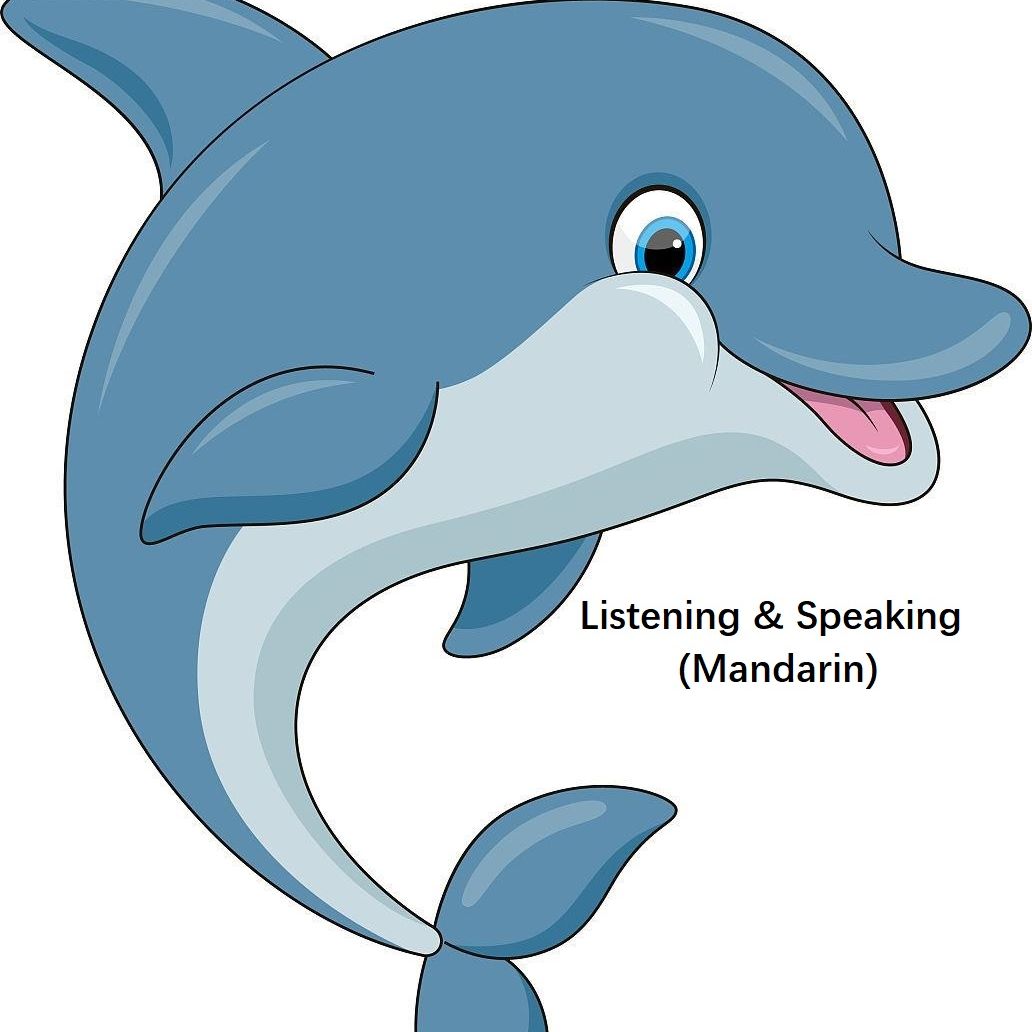
我的妈妈
คำอธิบาย
Zhè shì wǒ de māma,
这 是 我 的 妈妈,
This is my mother,
tā yǒu yì shuāng dàdà de yǎnjing,
她 有 一 双 大大 的 眼睛,
she has a pair of big eyes,
yì bǎ cháng tóufa。
一 把 长 头发。
a bunch of long hair.
Tā jīntiān qī diǎn qǐ chuáng,
她 今天 七 点 起 床,
She got up at 7 today,
bā diǎn chū mén qù mǎi cài。
八 点 出 门 去 买 菜。
and went out to buy groceries at 8.
Notes:
1) Monosyllable adjective double indicates to enhance the degree and convey the emotion of like, for example:
dàdà de yǎnjing gāogāo de bízi xiǎoxiǎo de zuǐba
大大 的 眼睛 高高 的 鼻子 小小 的 嘴巴
big eyes high nose small mouth
2) some measure word in Chinese,
A: yì shuāng 一双: used for a pair of
yì shuāng kuàizi 一双筷子: a pair of chopsticks
B: yì bǎ 一把: for something in a bunch, or with its legs parted,
or with a handle
yì bǎ shūzi 一把梳子: a comb
3) verb1 + qù 去+ verb2:
a: verb2 is the purpose for verb1
a: Māma chū mén qù mǎi cài
妈妈 出 门 去 买 菜。 (Mother went out to buy groceries.)
b: verb1 is the manner for verb2
b: Wǒ zuò fēijī qù Shànghǎi.
我 坐 飞机 去 上海。 (I took plane to Shanghai.)
ช่องพอดคาสต์
Listening & Speaking (Mandarin)
ผู้แต่ง
ทั้งหมดทุกตอน
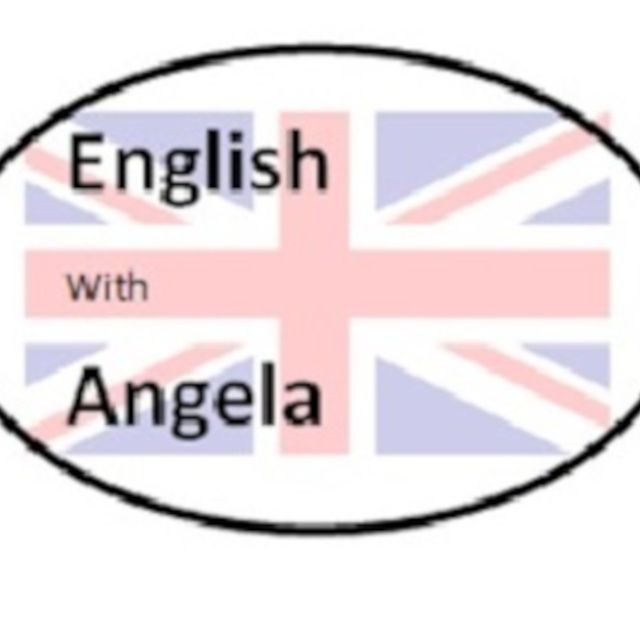
Confusing words - hear, listen

Aburrida En El Aeropuerto
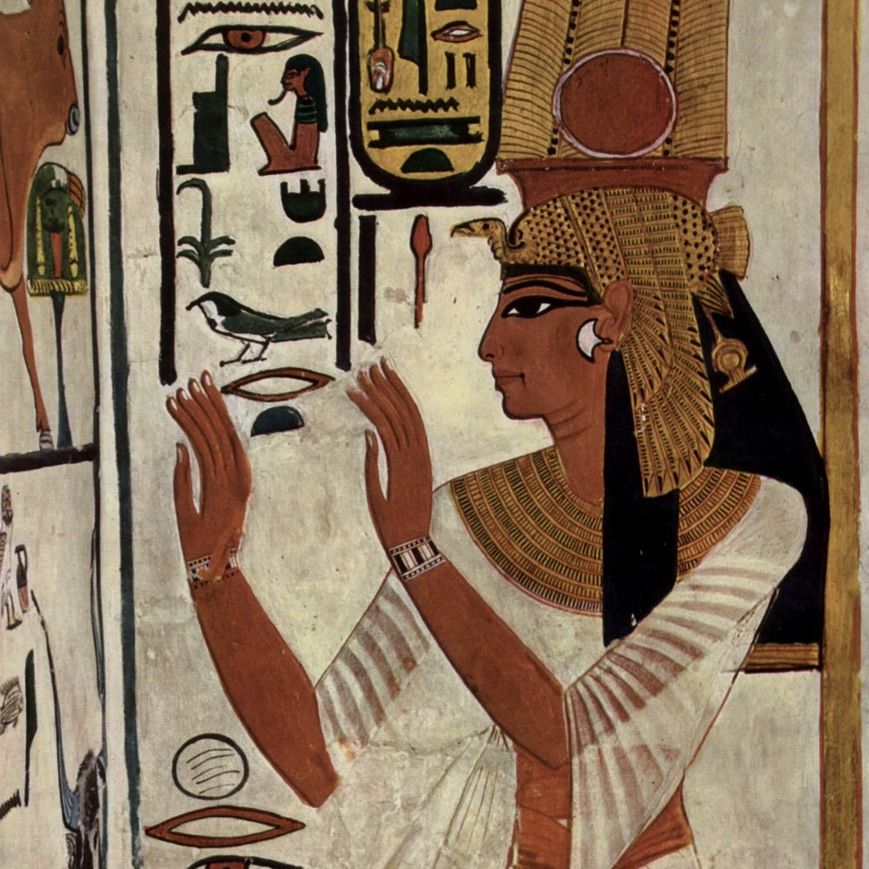
Ancient Egyptian Queens
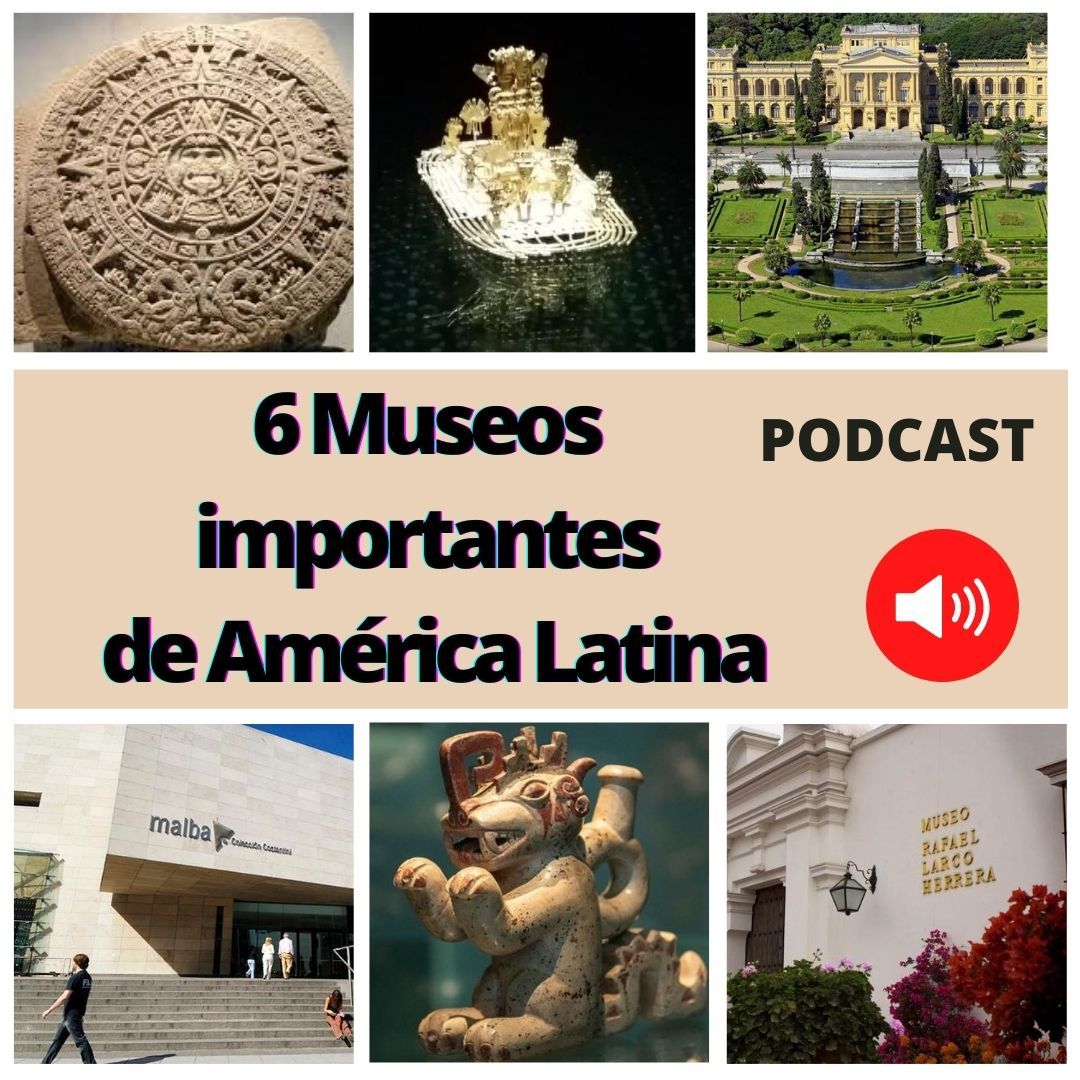
6 MUSEOS IMPORTANTES DE AMÉRICA LATINA
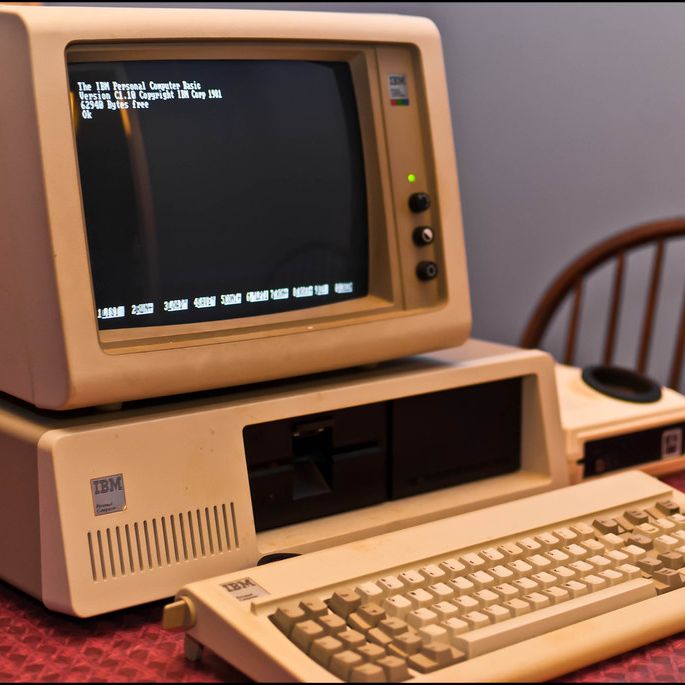
One Minute Challenge - Computers

EPISODE 5: HOW TO GIVE FEEDBACK (RESPECTFULLY)

English At Work: Different ways to In An English-Speaking Environment. Part 2.

¡OJALÁ ESCUCHES ESTE EPISODIO! - Expresión de DESEO en español (verbos en infinitivo y subjuntivo)
ตอนยอดนิยม

Confusing words (A2 - Elementary)
Confusing words - hear, listen

Las Aventuras De Miss Jacy
Aburrida En El Aeropuerto

Learn English with Stories
Ancient Egyptian Queens

Español con todo
6 MUSEOS IMPORTANTES DE AMÉRICA LATINA

One minute speaking challenge - Challenge yourself to speak English daily!
One Minute Challenge - Computers

UK TALKS WITH LIZ
EPISODE 5: HOW TO GIVE FEEDBACK (RESPECTFULLY)

Job Interview Preparation | CEO Interview Strategies From Diverse Business Sectors!
English At Work: Different ways to In An English-Speaking Environment. Part 2.

Your Spanish Journey
¡OJALÁ ESCUCHES ESTE EPISODIO! - Expresión de DESEO en español (verbos en infinitivo y subjuntivo)